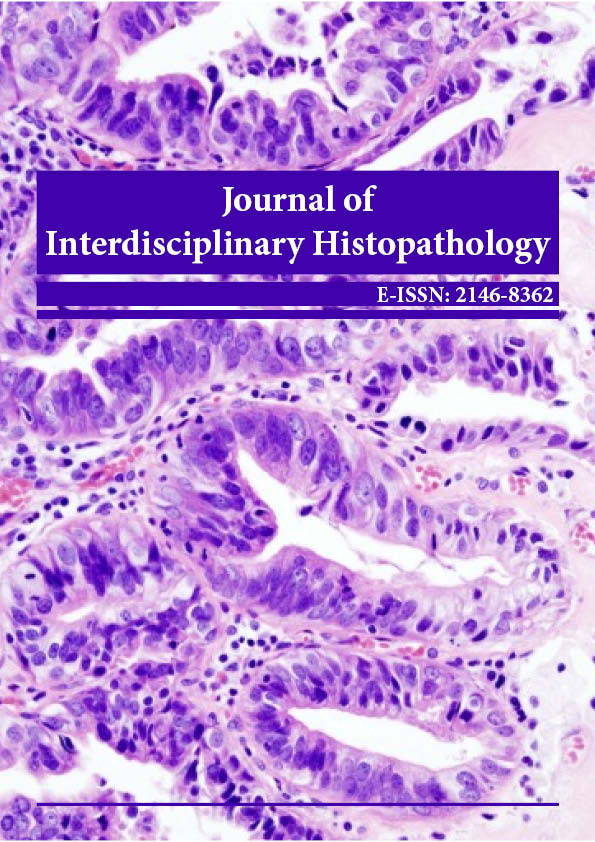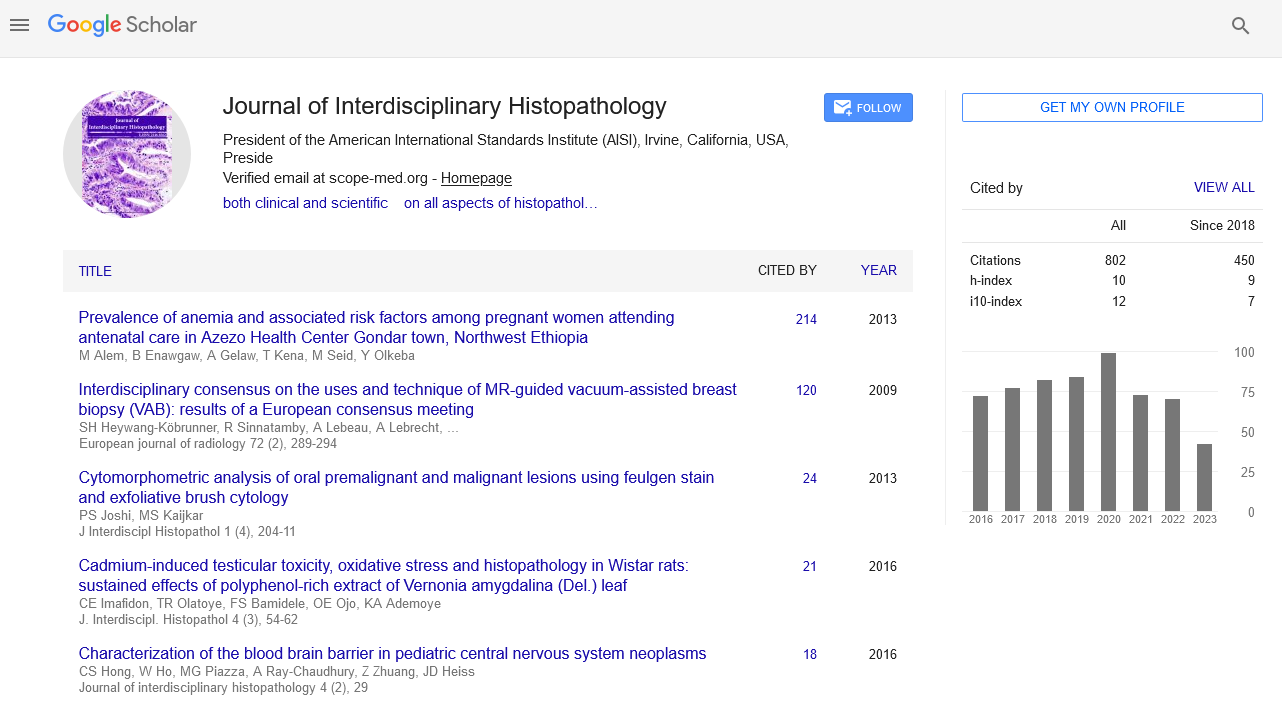Regulation of pro-inflammatory genes and pathways in neoplastic cervical epithelia pathogenesis
Abstract
Anthonio Oladele Adefuye, Ogheneochuko Janet Adefuye, Henry Ademola Adeola
Background: Inflammation and inflammatory response have been recognized as an essential hallmark and driver of tumor initiation and progression. Several components of the human seminal fluid (SF) have been previously implicated in initiating an inflammatory response in the healthy cervical epithelium after coitus. However, it was unclear whether the continuous application of SF to dysplastic or neoplastic cervical epithelium would aggravate a pre-existing neoplastic cervical lesion by further regulating the expression of pro-inflammatory cytokines and inflammatory biological pathways. Objectives: This study aimed at investigating gene arrays of inflammatory pathways that can be regulated by SF in neoplastic cervical epithelial cells, as a model to identify pro-inflammatory genes that could exacerbate neoplastic cervical inflammation and promote tumorigenesis in response to SF. Materials and Methods: HeLa-S3 cells were treated with SF (1:50 dilution) or Phosphatebuffered saline (PBS) (control) for 8 hours. Pooled cDNA from SF-treated HeLa-S3 cells were subjected to a quantitative real-time polymerase chain reaction on a TaqMan® 96-well plate human inflammation and cytokine/chemokine array platform, and fold expressions of inflammatory genes were determined. SF-regulated genes were subjected to gene enrichment analysis to evaluate functional pathways involved in cervical cancer progression. Results: SF was found to regulate the expression of arrays of inflammatory genes in neoplastic cervical epithelial cells. SF induced the expression of pro-inflammatory genes such as PTGS1 (2.43↑), IL-6 (4.19↑), IL-8 (38.93↑), Tumor Necrosis Factor (TNF) (26.55↑), IL-1α (68.56↑) and CXCL1 growth-regulated oncogene-alpha (GRO-α) (12.37↑), Toll-like receptor 2 (TLR2) (88.47↑), and transcription factor NF-κB (2.32↑), while downregulating the expression of anti-inflammatory mediators such as IL1R2 (5.0↓), hydroxyprostaglandin dehydrogenase 15-(NAD) (3.12↓), and suppressor of cytokine signaling 5 5 (>100↓). SF-regulated genes clustered into components of eicosanoid signaling, chemokine signaling, cytokine signaling, and TLR2 in HeLa adenocarcinoma cells. Conclusions: The findings of this study suggest that SF can potentially augment cervical tumorigenesis by regulating the induction of arrays of inflammatory pathways in neoplastic cervical epithelial cells. Induction of these inflammatory pathways may play a crucial role in cancer cell angiogenesis, proliferation, invasion, metastasis, and survival.






